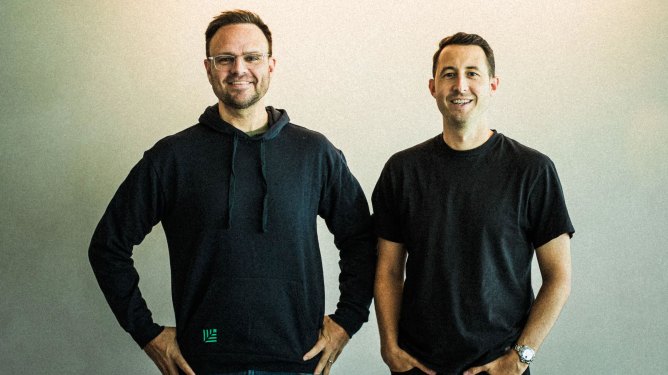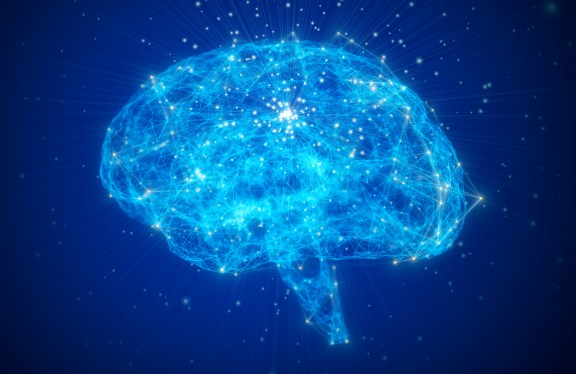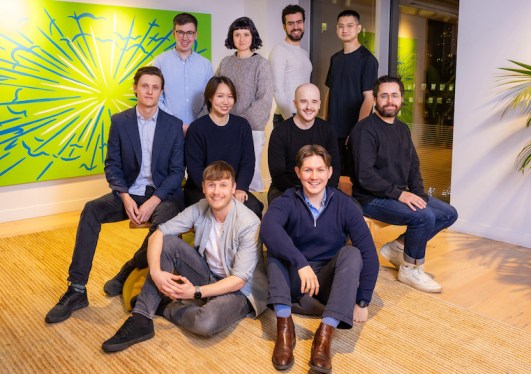From HubSpot to Day.ai: A Journey of Passion and Innovation
Christopher O’Donnell is a man with many passions. He loves music and playing the guitar, but above all, he has a deep enthusiasm for building software. This passion drove him to leave HubSpot three years ago and start working on a new project, Day.ai – a CRM (Customer Relationship Management) system designed for the age of AI.
The Problem with Traditional CRMs
Traditional CRMs are often cumbersome and time-consuming to maintain. They require manual data entry and updates, which can be tedious and prone to errors. This is where Day.ai comes in – a revolutionary new CRM that uses generative AI to learn about customers automatically behind the scenes.
A Brief History of O’Donnell’s Involvement with HubSpot
Christopher O’Donnell spent over 10 years at HubSpot, initially working on marketing automation and later leading the development of the company’s CRM. As Chief Product Officer, he played a crucial role in shaping HubSpot into the successful business it is today, with a market capitalization of nearly $30 billion.
Leaving HubSpot: A New Chapter for O’Donnell
After leaving HubSpot, O’Donnell joined Arianna Huffington’s Thrive and was also involved with ProfitWell, a bootstrapped business he co-founded that was later sold to Paddle for $200 million in 2022. However, he didn’t see himself staying at Thrive long-term and began questioning his career path.
The Inspiration Behind Day.ai
The launch of ChatGPT by OpenAI marked the beginning of a new era in AI technology. This development inspired O’Donnell to start working on a new project, one that leveraged the power of generative AI to build a more efficient CRM system.
Teaming Up with Michael Pici
O’Donnell reunited with his former colleague and friend, Michael Pici (formerly VP of Sales and Product at HubSpot). "Mike is brilliant," O’Donnell said. "He has an incredible ability to connect with both engineers and designers, and also lead a sales organization."
The Birth of Day.ai
In mid-2023, O’Donnell and Pici began working on Day.ai, a CRM powered by generative AI. Their vision was to create a system that would automate the process of data collection and entry, freeing users from tedious manual tasks.
How Day.ai Works
Day.ai uses AI to learn everything it needs about people automatically behind the scenes. All users have to do is ask questions, and the system will provide answers based on its internal knowledge. This approach eliminates the need for constant updates and manual data entry.
Funding and Future Plans
The company recently announced a $4 million seed round led by Sequoia Capital. However, O’Donnell and Pici are taking a unique approach to funding. "We don’t plan to raise more capital anytime soon," O’Donnell said. "We’re happy with where we are, and it’s about the fun of starting over."
The Future of CRMs
Day.ai is currently available through an invite-only beta version. However, O’Donnell and Pici have a lofty long-term goal: to make current versions of CRMs irrelevant.
Conclusion
Christopher O’Donnell’s journey from HubSpot to Day.ai is a testament to his passion for building software and his willingness to take risks. With the launch of Day.ai, he aims to revolutionize the CRM industry by leveraging the power of generative AI.
Further Reading
- What is a CRM? – A Customer Relationship Management system is designed to help businesses manage their interactions with customers.
- Generative AI – This type of AI technology is capable of generating new content, such as text or images, based on patterns learned from existing data.
- ChatGPT – A conversational AI developed by OpenAI that can understand and respond to natural language inputs.
References
- "What is a CRM?" (2022). Retrieved from https://www.techopedia.com/definition/13536/customer-relationship-management-crm
- "Generative AI" (2023). Retrieved from https://en.wikipedia.org/wiki/Generative_Artificial_Intelligence
By understanding the needs and challenges of businesses, Day.ai aims to provide a more efficient and effective CRM system that can help companies build stronger relationships with their customers.



